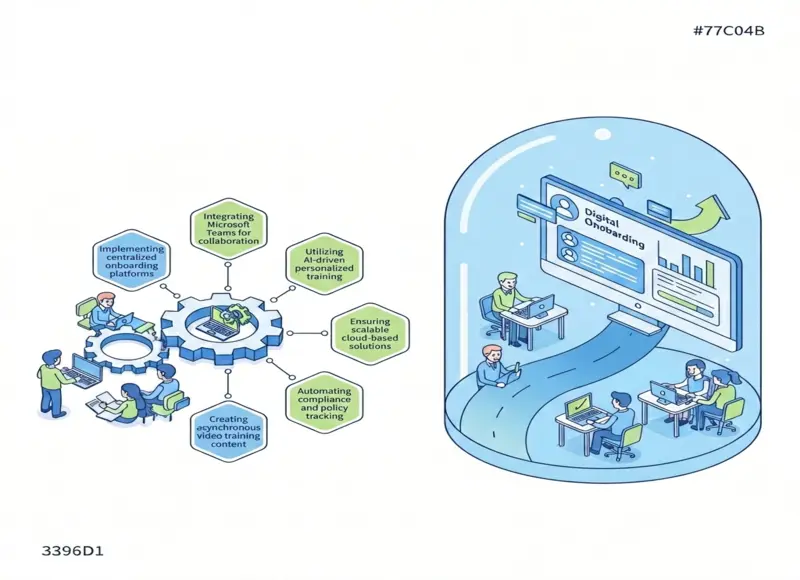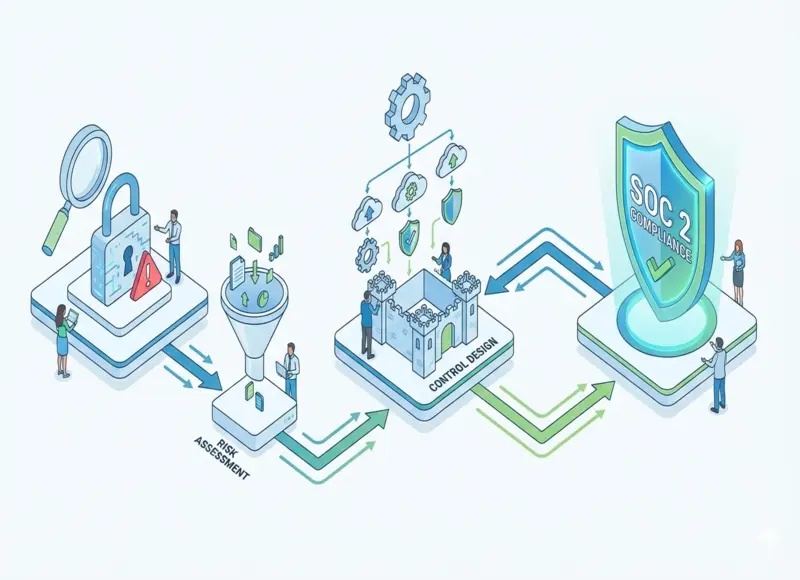Table of Contents
Discover how to scale your business effectively with our performance-driven digital growth marketing strategies. Unlock your potential for success today.

Performance-driven digital marketing represents a transformative approach to business growth, enabling organizations to achieve measurable outcomes while maintaining precise control over their marketing investments. Modern businesses face unprecedented challenges in reaching digitally savvy consumers, making traditional marketing methods insufficient for sustained growth in today's hypercompetitive marketplace.
Strategic Implementation and Measurement
Performance marketing transcends conventional approaches by focusing on tangible outcomes rather than mere impressions. Through sophisticated data analytics and real-time monitoring, businesses can track key performance indicators (KPIs) such as click-through rates, conversion metrics, and return on ad spend. This methodical approach to measurement allows organizations to optimize their marketing spend continuously, directing resources toward strategies that demonstrate the highest return on investment.
The integration of multiple digital channels proves essential for comprehensive growth. Contemporary marketing strategies must incorporate various touchpoints to engage potential customers effectively. Successful organizations understand that consumer behavior patterns have evolved significantly, necessitating a more sophisticated and nuanced approach to digital engagement.
Advanced Analytics and Data-Driven Decision Making
Modern marketing technologies provide unprecedented access to consumer behavior data, enabling businesses to make informed decisions about their marketing strategies. Sophisticated analytics platforms offer insights into customer journeys, helping organizations understand the complex pathways that lead to conversions. This wealth of information empowers companies to refine their targeting and messaging continuously.
Marketing automation platforms have revolutionized how businesses scale their operations. These systems enable organizations to deliver personalized experiences across multiple channels while maintaining efficiency. The ability to automate repetitive tasks while preserving personalization represents a significant advancement in marketing capabilities.
Tools to Streamline Website Setup and Business Processes
For businesses scaling their digital presence, having the right tools to set up websites and streamline processes is critical. Tools like website cost calculators help businesses plan their budgets effectively, providing clear estimates based on features, functionality, and scale. These calculators simplify decision-making for small and medium-sized enterprises, ensuring that costs align with their growth plans.
Additionally, platforms like content management systems (CMS) such as WordPress, Wix, or Squarespace allow businesses to build and manage websites without extensive technical expertise. These tools offer intuitive interfaces, customizable templates, and integrated SEO features, enabling companies to create professional, optimized websites with minimal effort.
To support efficient workflows, tools like project management software (e.g., Trello, Asana, or Monday.com) and marketing automation platforms help businesses manage tasks, campaigns, and communications seamlessly. By automating repetitive processes and centralizing project timelines, these tools free up time and resources for strategic growth initiatives. Investing in the right digital tools ensures businesses have a solid foundation for scalability and operational efficiency.
Partnership with Specialized Agencies
Many successful businesses accelerate their digital growth trajectory by collaborating with specialized marketing agencies. These partnerships provide access to deep industry expertise and advanced technological resources without the overhead of maintaining an in-house team. Small agencies, in particular, offer unique advantages through their ability to provide personalized attention and develop customized strategies aligned with specific business objectives.
Innovation and Technological Integration
The rapid evolution of digital technologies necessitates continuous adaptation and learning. Organizations must stay current with emerging trends and technologies to maintain competitive advantages. This includes understanding and implementing artificial intelligence, machine learning, and predictive analytics in marketing strategies.
Digital transformation initiatives often require significant resources and expertise. Specialized agencies bring valuable experience in implementing new technologies and methodologies, helping businesses navigate complex digital landscapes. Their expertise can significantly reduce the learning curve and accelerate time to market for new initiatives.
Optimizing Customer Experience
Customer experience optimization remains central to successful digital marketing strategies. Organizations must create seamless, engaging experiences across all digital touchpoints. This includes website optimization, mobile responsiveness, and integrated communication channels.
Content Strategy and Brand Authority
Creating valuable, relevant content establishes brand authority and drives organic growth. Content marketing strategies must align with business objectives while addressing customer needs and interests. This includes developing comprehensive content calendars, maintaining consistency in messaging, and ensuring content quality across all channels.
Measuring Success and ROI
Performance marketing demands robust measurement frameworks to evaluate success. Organizations must establish clear metrics and benchmarks to assess campaign effectiveness. This includes:
- Customer acquisition costs
- Lifetime value calculations
- Engagement metrics
- Conversion rates
- Revenue attribution
Scaling Operations Effectively
As organizations grow, maintaining operational efficiency becomes increasingly challenging. Successful scaling requires:
- Automated workflow systems
- Integrated marketing technologies
- Streamlined communication processes
- Efficient resource allocation
- Continuous performance monitoring
Future-Proofing Growth Strategies
The digital marketing landscape continues to evolve rapidly. Organizations must maintain flexibility and adaptability in their growth strategies. This includes staying informed about emerging technologies, changing consumer preferences, and new marketing channels.
Building Sustainable Growth Models
Sustainable growth requires balancing short-term gains with long-term strategic objectives. Organizations must develop scalable processes that can accommodate increased demand without compromising quality or efficiency. This includes:
- Developing robust infrastructure
- Building scalable systems
- Creating repeatable processes
- Establishing quality control measures
- Maintaining operational flexibility
The future of performance-driven digital marketing lies in the ability to combine data-driven insights with creative strategy. Organizations that successfully integrate these elements while maintaining operational efficiency position themselves for sustainable growth in an increasingly competitive digital landscape.
Successful implementation of performance-driven digital marketing strategies requires commitment to continuous improvement and adaptation. Organizations must remain agile, responding to market changes while maintaining focus on core business objectives. Through careful planning, strategic partnerships, and effective execution, businesses can achieve sustainable growth in the digital age.








